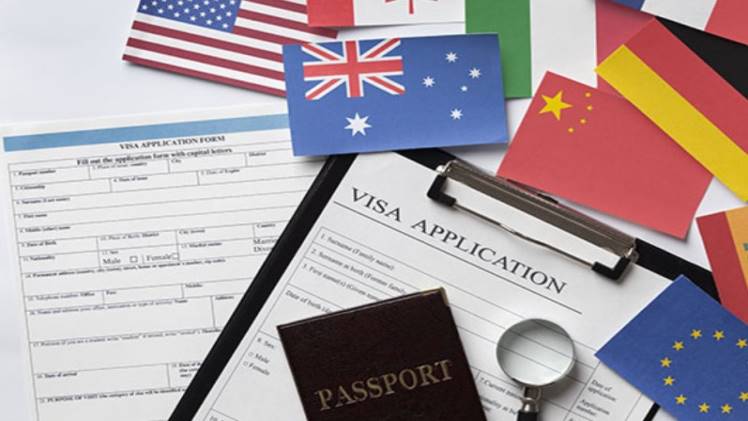Brexit vs EU nationals in the UK

Brexit vs EU nationals in the UK
Brexit or more easily understood as the British Exit from the European Union, has been a major media topic causing controversy for the past few years. Following the General Election in 2015, David Cameron, the re-elected Prime Minister, has promised to hold a referendum to decide on the United Kingdom’s membership of the European Union. “Brexit” suddenly made it to the front pages of all major global media outlets making it almost impossible to ignore.
British, Irish and Commonwealth citizens over 18 who are resident in the UK, along with UK nationals living abroad who have been on the electoral register in the UK in the past 15 years will be eligible to vote on whether the UK should either “leave” or “remain” in the EU. Citizens from EU countries – apart from Ireland, Malta and Cyprus – are not eligible to vote.
To qualify for ILR, applicants must meet specific requirements, which can include a minimum continuous residence period, proof of lawful stay, adherence to immigration rules, and evidence of meeting the English language and knowledge of life in the UK requirements. Once granted ILR, individuals gain several benefits, such as access to public funds, healthcare services, and the ability to apply for British citizenship.
The Implications of Brexit: Potential Changes to Free Movement Rights in the UK
Free movement of goods, capital, labour, services and establishment underpin membership of the European Union and the single market. If the UK votes to leave the EU, it in theory it may lose all or some of these automatic benefits the EU membership. Leaving the EU for example could bring the UK back its right to border and immigration control. Being part of the EU, the UK virtually has no control or any barrier against EU citizens residing in the UK under the current regime.
The UK joined the EU back in 1973, and has remained a member since then. According to Directive 2004/58/EC of the European Parliament and of the Council of 29 April 2004, Article 6 and 7 gives nationals of EU member states (“EU nationals”) the right to move and reside freely within the territory of the EU and EEA member states subject to certain conditions if the citizen is to stay for more than three months.
Obtaining ILR is a significant achievement for individuals seeking long-term settlement in the UK. It provides a strong foundation for building a future in the country and enjoying the stability and opportunities it offers. It is crucial to understand the eligibility criteria, application process, and any updates to the immigration rules to ensure a successful application for Indefinite Leave to Remain in the UK.




